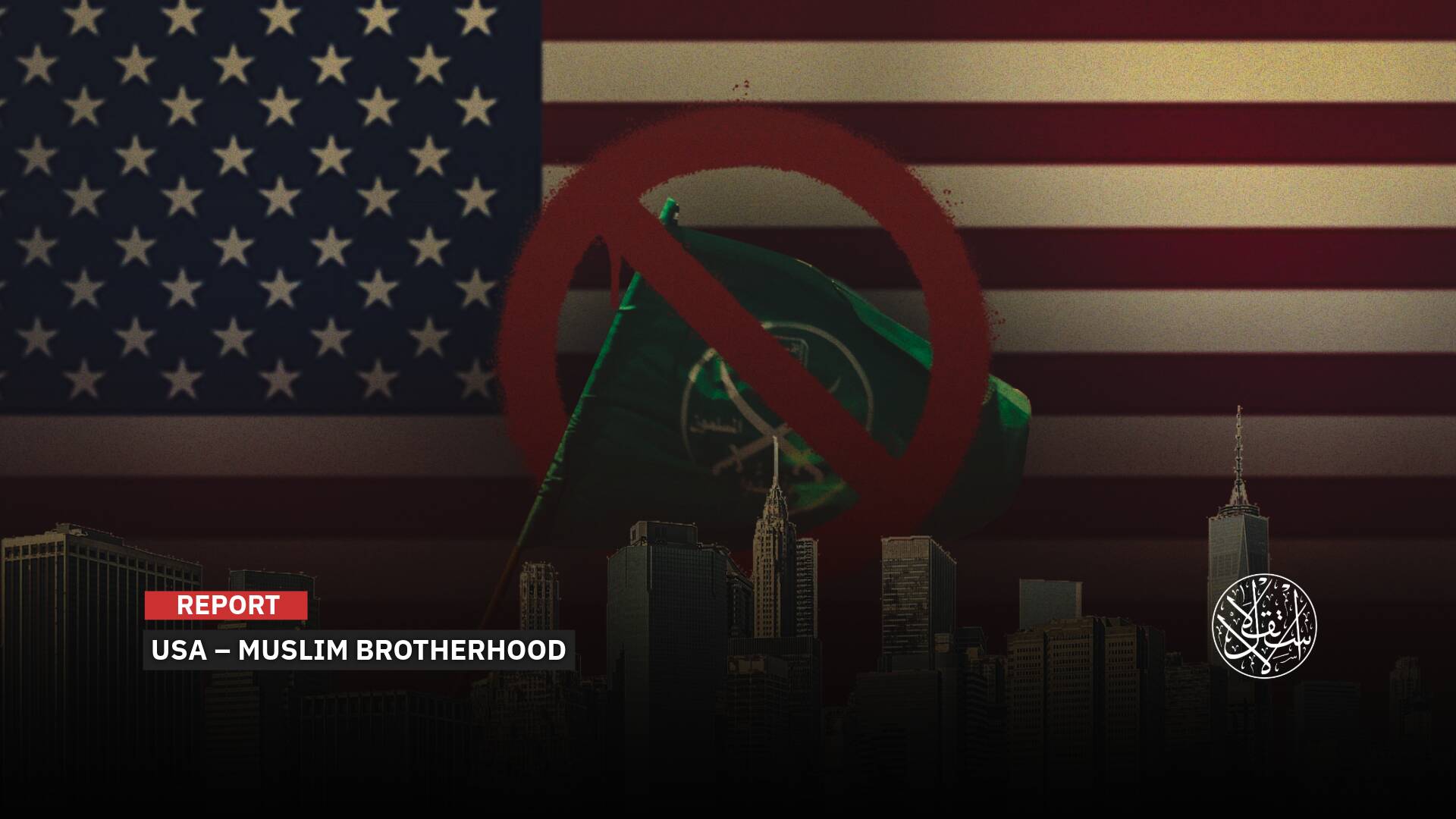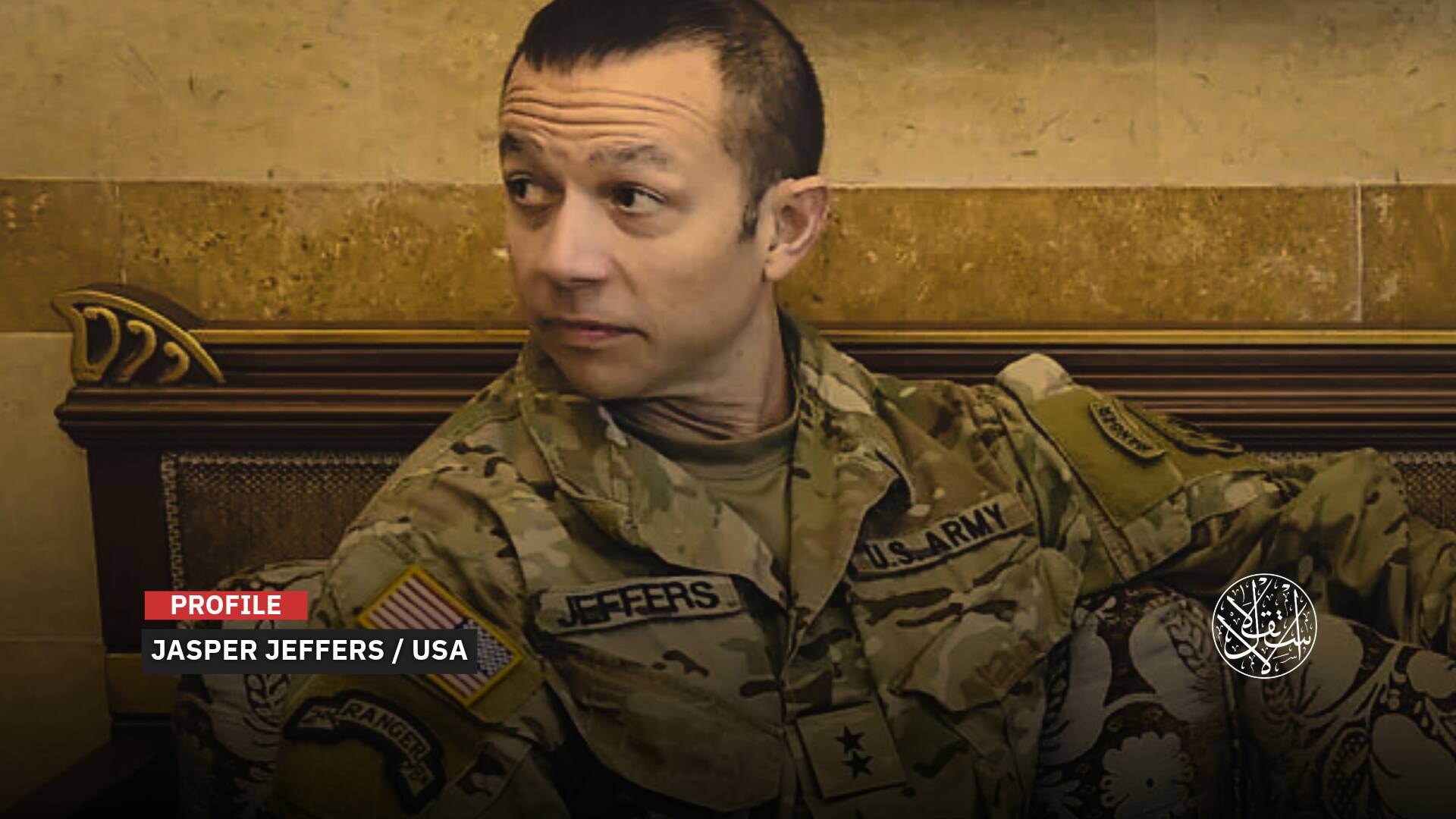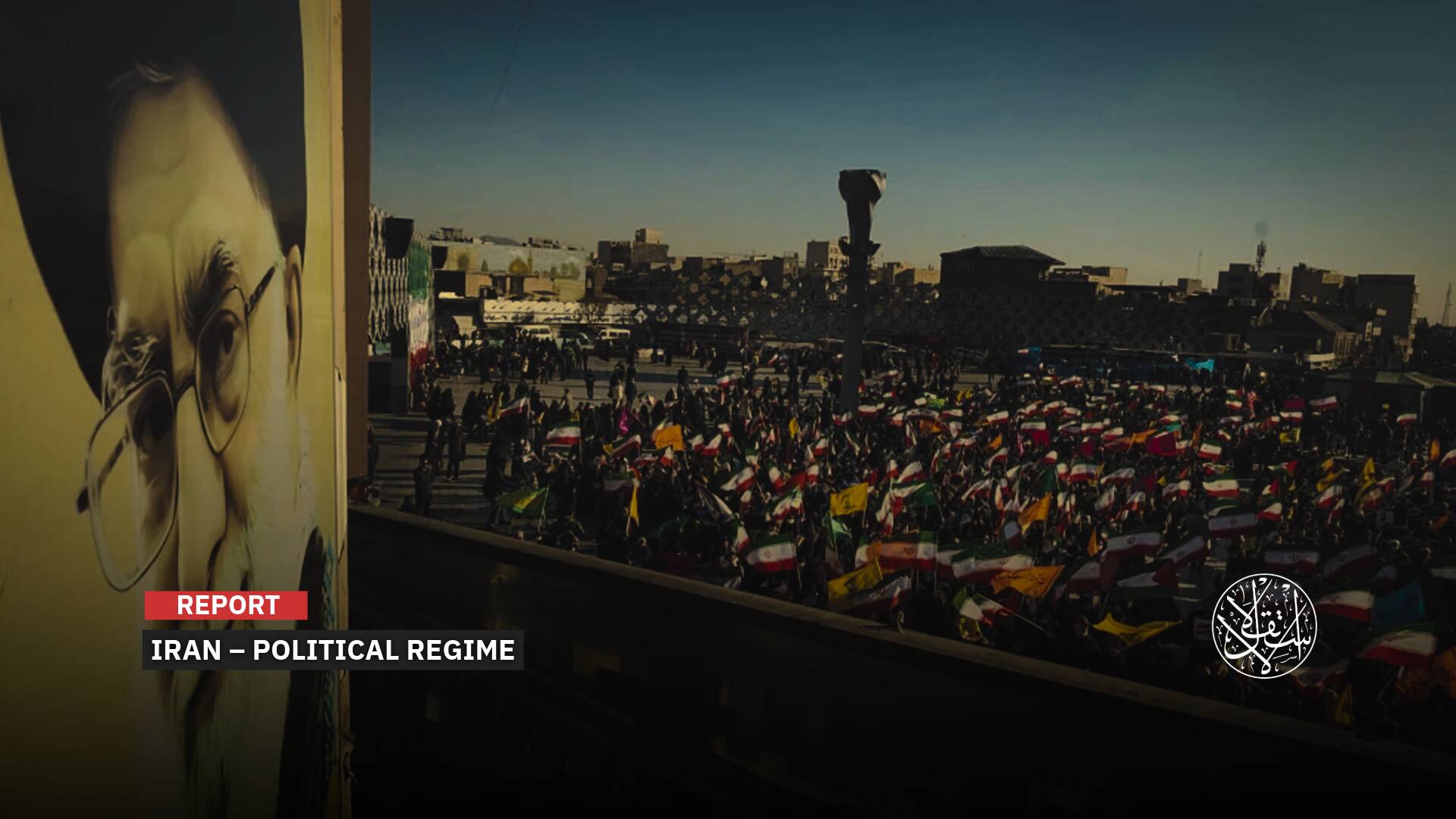After Banning UNRWA, Could ‘Israel’ Be Out of the UN?

“Israel’s rightwing government is recklessly steering the nation toward rogue-state status."
Israeli Occupation’s recent ban on the United Nations Relief and Works Agency for Palestine Refugees in the Near East (UNRWA) activities in the Israeli-occupied Palestinian territories, including restrictions on aid distribution, is only its latest clash with the United Nations.
Previously, “Israel” deliberately targeted the UN peacekeeping force in Lebanon (UNIFIL) with live ammunition and even stormed its headquarters, injuring dozens of soldiers, marking another act of defiance against the international body.
This comes as a continuation of the Israeli Occupation's disregard for orders from the United Nations International Court of Justice (ICJ) issued in March 2024. These included a ruling to implement temporary measures for providing aid in Gaza following South Africa's lawsuit—a decision that “Israel” ignored.
Similarly, a May 2024 ICJ ruling aimed at stopping the Israeli advance into Rafah due to concerns of civilian massacres, as seen in the north, was disregarded as “Israel” continued with its plans.
In July 2024, the ICJ ordered “Israel” to end its occupation, dismantle settlements, compensate Palestinian victims, and facilitate the return of displaced persons. “Tel Aviv” dismissed the ruling outright.
Despite the legally binding nature of ICJ decisions, the court lacks the means to enforce them. Meanwhile, the U.S. and Western nations shield “Israel,” even supplying arms that fuel its genocide in Gaza and Lebanon.

The Majority Is Extremist
Despite claims of division within Israeli society, the Israeli Knesset’s decision on October 29, 2024, to ban UNRWA's activities and prohibit contact with the organization passed with a strong majority, reflecting the nation’s overall hardline stance.
In this vote, 92 out of 120 Knesset members supported two laws. The first law bans UNRWA’s operations in Gaza and the West Bank, freezes its bank accounts, revokes staff immunity, and ends their tax privileges, making “Israel” the first UN-established country to bar a UN agency from operating on its territory. The law prevents UNRWA from opening offices or providing services within “Israel” (all territories occupied in 1948 and 1967).
The second law, passed with 88 votes, cancels the 1967 agreement allowing UNRWA to operate in “Israel,” effectively halting the agency’s activities in occupied territories and banning communication between Israeli officials and UNRWA staff. This means Israeli customs officials will block aid shipments intended for Gaza or the West Bank and revoke the tax exemptions UNRWA previously enjoyed. “Israel” is cutting all ties with UNRWA, stripping it of the diplomatic status and immunity it had since 1967.
The new laws are set to take effect in 90 days, around January 2025, as the newly elected U.S. president takes office. The New York Times said on October 29 that the incoming U.S. administration would face immediate pressure to respond.
Israeli authorities justify the ban, citing media reports that UNRWA’s operations allegedly serve as cover for “terrorist activities” (the Palestinian Resistance). “Israel” also claims that UNRWA staff in Gaza were heavily involved in the October 7, 2023, Operation al-Aqsa Flood, including arranging plans to “kidnap” Israelis.
Knesset discussions also referenced studies alleging that UNRWA’s work perpetuates the “Israeli-Palestinian conflict,” particularly through its education programs. “Israel” argues that UNRWA's Palestinian curriculum promotes hostility towards “Israel,” incites violence, and venerates so-called “terrorists” (the Resistance fighters), fostering anti-Semitism and encouraging violent opposition to “Israel.”
UNRWA warned that these laws will deprive over 650,000 Palestinian children of education in the occupied territories, endangering an entire generation. UNRWA Commissioner-General Philippe Lazzarini accused “Israel” of launching a sustained campaign to undermine UNRWA's reputation and delegitimize its role in providing humanitarian assistance to Palestinian refugees.
The Israeli government is not only fighting UNRWA on diplomatic and legal fronts; the Israeli Occupation army has killed over 230 UNRWA employees and targeted dozens of schools that serve as shelters for the displaced. In July 2024, the Knesset designated UNRWA a “terrorist organization” and proposed severing ties, despite its UN affiliation. “Israel” accused 12 UNRWA employees of collaborating in Hamas’s October 7 attacks and urged donors to redirect funds away from UNRWA, claiming it was essential to “starve” Palestinian support.
There is currently no replacement for UNRWA’s work in Gaza, and the Israeli Occupation’s ban may set the stage for a plan involving an American-Israeli mercenary firm distributing aid in the region.
Founded in 1949, UNRWA is a UN agency dedicated to Palestinian refugee relief and development, funded almost entirely by voluntary contributions from UN member states. Palestinian refugees include those who lived in Palestine between June 1, 1946, and May 15, 1948, and lost their homes and livelihoods due to the 1948 war.
In January 2024, more than a dozen countries and the EU temporarily suspended funding to UNRWA due to Israeli allegations, though most gradually resumed support, except for the U.S., which maintains its freeze on UNRWA funding until March 2025, per the U.S. State Department.

Grave Consequences
The decision to ban UNRWA’s operations in the Occupied Territories sets a dangerous historical precedent—not only by obstructing an organization responsible for delivering food and aid to Gaza and beyond but also by effectively enabling an official blockade that could lead to starvation and the extermination of Palestinians. This threatens nearly two million Palestinian refugees in Gaza who rely on UNRWA for food, water, and medicine.
The Knesset's decisions openly flout international legitimacy, violate global laws, and lend credence to accusations of genocide, as they challenge the UN and its agencies, including UNRWA, the International Criminal Court, and the International Court of Justice.
The UNRWA Commissioner-General condemned the ban, deeming it a challenge to the UN's legitimacy and contrary to the UN Charter. He described it as “collective punishment” that will only exacerbate Palestinian suffering, particularly in Gaza, where life has been unbearable for over a year.
“It’s outrageous that a member state of the United Nations is working to dismantle a UN agency which also happens to be the largest responder in the humanitarian operation in Gaza,” Juliette Touma told Agence-France Presse.
U.S. Ambassador to the UN, Linda Thomas-Greenfield, acknowledged that there is currently no alternative to UNRWA for delivering humanitarian aid, questioning how “Israel” will allow food and medicine to enter Gaza—particularly the north—if UNRWA, deemed an “illegitimate organization,” is barred.
The U.S. State Department hinted that enforcing this legislation may have implications under American law.
Palestinian analysts argue that the true objective behind targeting UNRWA is to induce hunger and displacement as part of an effort to erase the Palestinian issue. The Adalah Legal Center for Arab Minority Rights stated that banning UNRWA's activities cuts off a vital lifeline for refugees, calling for urgent international intervention to prevent the Israeli ongoing crimes against humanity. Adalah further noted that the laws contravene provisional measures issued by the ICJ in South Africa’s case against “Israel” for breaching the Genocide Convention.
Amnesty International criticized the ban as “it amounts to the criminalization of humanitarian aid and will worsen an already catastrophic humanitarian crisis.” “This appalling, inhumane law will only exacerbate the suffering of Palestinians, who have endured unimaginable hardship and whose need for global support is greater than ever. The international community must be quick to condemn it in the strongest possible terms and exert any influence they have on the Israeli government to repeal it.”

‘A Rogue State’
While significant action to halt the Israeli Occupation decision is unlikely amid widespread global condemnation, the Knesset’s move serves as documented evidence of genocide, placing international organizations like the International Criminal Court (ICC) and the International Court of Justice (ICJ) in the spotlight. The United States and European nations have warned “Israel” that new laws restricting UNRWA operations in Gaza could hinder its defense in The Hague against allegations of crimes against humanity.
The likelihood of rulings against “Israel” in the ICJ and ICC has increased, with potential accusations of deliberate starvation and obstruction of humanitarian aid to Gaza. A Western diplomat told Haaretz on October 29, 2024, that any reduction in aid due to laws targeting UNRWA could serve as documented evidence of genocide against “Israel,” making it challenging for allied nations to defend it.
Following the law’s enactment, Israeli Prime Minister Benjamin Netanyahu issued a statement claiming humanitarian aid to Gaza must continue now and in the future, without specifying how this would be done with the organization responsible for that ban. A Western diplomat saw Netanyahu’s remarks as a direct response to U.S. and European warnings about potential international legal consequences.
The Guardian summarized the Knesset’s decision to ban UNRWA as positioning “Israel” toward a “rogue state,” stating, “Israel’s rightwing government is recklessly steering the nation toward rogue-state status, with deeply troubling, escalating attacks on the United Nations that fuel a dangerous drift from international accountability.” Such actions are setting the stage for international accountability, from Netanyahu down to lower ranks.
The Guardian also accused the Israeli government of a blatant disregard for global standards governing human rights, conflict, and diplomacy. It described the UNRWA ban as a “deeply irresponsible move by Israeli lawmakers” that cripples essential aid to Palestinians at a time of urgent need. “Undermining the UN and its humanitarian agencies – which protect civilians and alleviate emergency conditions – is indefensible.”
According to the British newspaper, “These organizations are pillars of the international legal and governance system. Though imperfect, this system remains essential in preserving a semblance of order, if not justice, within global relations.”
It attributed this defiance against the UN to the protection “Israel” receives from the United States and its allies. “American politics has been paralyzed by the need to win an election in which criticism of Israeli actions is deemed beyond the pale.”
The Guardian put it plainly: Washington could end the war tomorrow by stopping its arms flows and forcing a ceasefire deal on both sides that would see “Israeli hostages go home.”

UN Suspension for ‘Israel’?
Israeli Occupation’s ban on UNRWA could lead to a suspension of its United Nations membership as it violated international bodies' authority, potentially warranting a binding opinion from ICJ, Middle East Eye (MEE) has learned.
Accusations against “Israel” for breaching the UN Charter raise questions about whether this could justify suspending its General Assembly membership.
Eirik Bjorge, professor of law at the University of Bristol, said the new Israeli laws are a clear breach of this part of the UN Charter as well as the convention, which stipulates that United Nations property and assets are inviolable.
According to Bjorge, the inviolability of UN premises is absolute under international law. No security or military arguments may justify a breach of that status.
“When the charter provision in question was being drafted, it was stated that if there was one certain principle, it was that no member state could hinder in any way the working of the UN or take any measures the effect of which would be to increase its burdens, financial or other,” Bjorge told Middle East Eye.
“This is exactly what Israel’s legislation seeks to do and does.”
Bjorge said the legislation is “an outrage” against a subsidiary organ of the General Assembly, and that the latter must “do everything within its capacity” to protect Unrwa.
“In the face of such an outrage against it, the UN must lose no time in taking action.”
“It should request the International Court of Justice for an urgent advisory opinion, which under the General Convention on the Privileges and Immunities will be binding on Israel and on the United Nations itself,” added Bjorge.
On October 29, 2024, Norway formally requested that the ICJ clarify “Israel’s duties as an occupying power” regarding aid to Palestinians, following the UNRWA ban. Foreign ministers from Canada, Australia, France, Germany, Japan, South Korea, and the United Kingdom also urged “Israel” to halt the legislation.
While no state has ever been expelled from the UN, any suspension decision would require a Security Council vote, likely to face opposition from the U.S. and its allies if applied to “Israel.”
However, a historical precedent for suspension does exist. On November 12, 1974, the General Assembly voted to suspend South Africa’s participation due to global opposition to apartheid policies. This decision passed despite opposition from the U.S., the UK, and other Western governments. However, it didn’t result in South Africa’s UN expulsion; on October 30, 1974, the U.S., UK, and France vetoed a Security Council vote on the matter.
South Africa was readmitted to the General Assembly in 1994 after transitioning to democracy.
UN Secretary-General Antonio Guterres, in a message to Prime Minister Netanyahu, pointed out that Article 2 of the UN Charter requires Israel to assist the UN in its work. He also referenced the 1946 Convention on the Privileges and Immunities of the United Nations, covering diplomatic protections for UN operations. Guterres noted a legal dispute over the convention’s interpretation between the UN and “Israel,” which could be referred to the ICJ.
Under the U.S. Foreign Assistance Act and National Security Memorandum, Washington is prohibited from providing military aid to countries that directly or indirectly obstruct American humanitarian assistance.
In a firm message on October 13, 2024, the U.S. warned “Israel” to act within 30 days to ease Gaza’s humanitarian crisis or risk cuts to military aid.
The message also cautioned “Israel” against banning UNRWA because of its critical humanitarian role in Gaza and the West Bank—a warning “Israel” ultimately disregarded.
Sources
- Could Israel's Unrwa ban lead to its suspension from the UN?
- The Guardian view on Israel v the UN: the making of an outlaw state
- Israel’s parliament votes to ban UNRWA, the UN’s Palestine aid agency
- Israel/OPT: Law to ban UNRWA amounts to criminalization of humanitarian aid
- Western Countries Condemn Israel's Ban on UNRWA, Warm of Worsening Crisis Without Alternative Aid
- What Are the Implications of Israel Banning UNRWA?
- Israel bans UN aid agency UNRWA from operating in Israel
- Israel has banned the UN agency for Palestinian refugees. That could be devastating for millions
- Adalah: Draft laws to close UNRWA violate international law and conventions and must be repealed immediately [Arabic]












